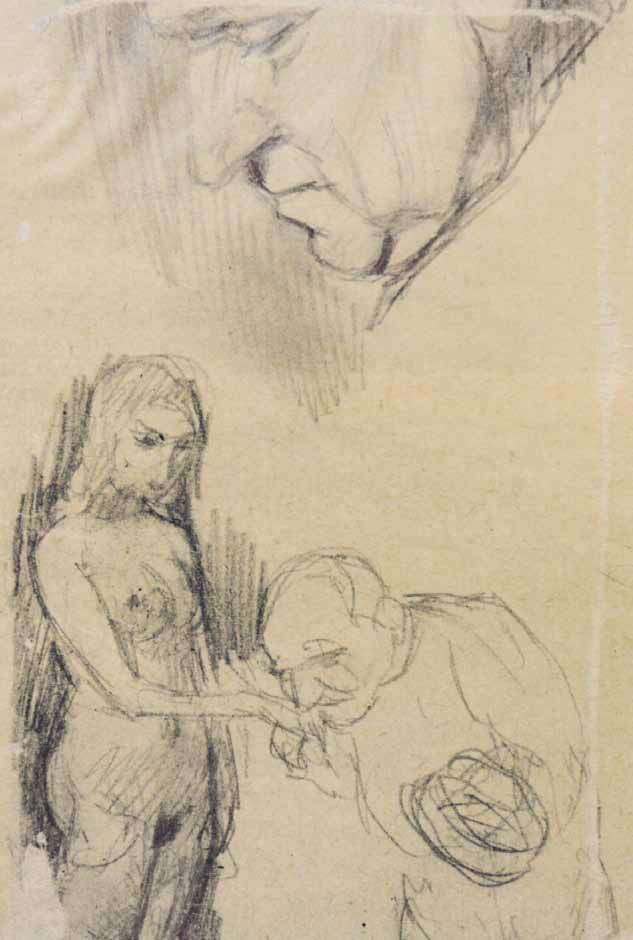Biografia Schulza jako wyzwanie (rzucone historii)
Biography of Schulz as a Challenge (to History)
Author(s): Stanisław RosiekSubject(s): Recent History (1900 till today), Polish Literature, Philology, Theory of Literature
Published by: Fundacja Terytoria Książki
Keywords: Bruno Schulz; schulz studies; literary theory; interwar period; polish literature;
Summary/Abstract: Each and every biography is a challenge, but the biography of Bruno Schulz is a peculiarone. First of all because it is not easily accessible, hidden – just like its protagonist who concealed himself behind effigies produced to satisfy the needs of the others. The other reason is that history (Holocaust, Stalinism) deprived the writer of its majorpart.The first task is to establish the text of Schulz’s life, since just as textology establishes incritical editions of the work the foundation of its interpretations, a similar foundation ofall biographical discourses should be the corpus biographicum – a sequence of the life’sevents arranged according to chronology and placed in the context of the times. Suchprotobiographies usually take to form of a calendar (log) of life and literary activity,sometimes supplemented with the history of reception. Their only principle of selectionis credibility, which is why such calendars do not impose on the series of presented eventsany additional order which follows an external – political, moral or sentimental – rule.Calendars are aideological. They are purely chronological. The only power they respectis that of time and its inescapable linearity, the sequence of days, weeks, months, and years.They do not tell stories of someone’s life from birth to death. From Homer’s practice theyborrow just simple succession of events which do not have to connect with one another.The rules of narrative return only in particular daily entries which reconstructs the factsof someone’s life according to a classic list of questions: who? When? Where? What?To realize such a project in the case of Schulz, it is necessary to do thorough and systematicresearch in the archives, and practice the archaeology of memory. Jerzy Ficowskichose both directions. Already in the 1940s, he started looking for the witnesses ofSchulz’s life. Their letters and memories make a big set which so far has been exploitedonly in small part. Regardless of what can be found among them, it is necessary to makenew searches at all locations where Schulz lived or which he just visited: Drogobych,Lviv, Warsaw, Zakopane, Vienna, Paris, and Sweden, as well as Kyiv or Moscow (archivesof the NKVD from the times of the Soviet occupation of Galicia).
Journal: Schulz/Forum
- Issue Year: 6/2015
- Issue No: 6
- Page Range: 71-81
- Page Count: 11
- Language: Polish

